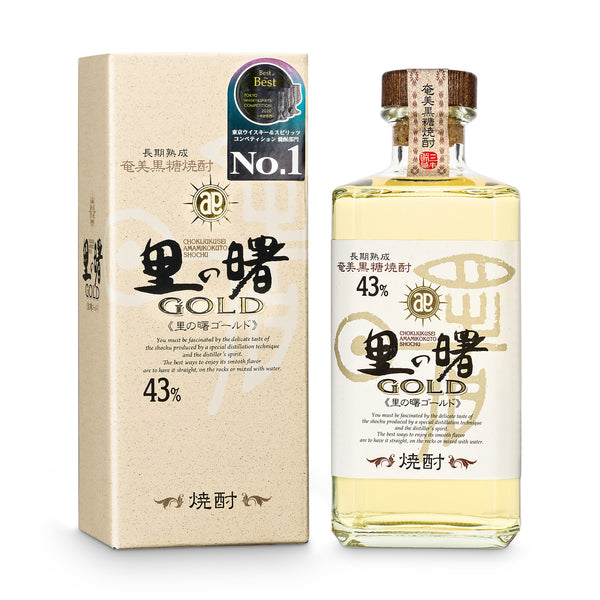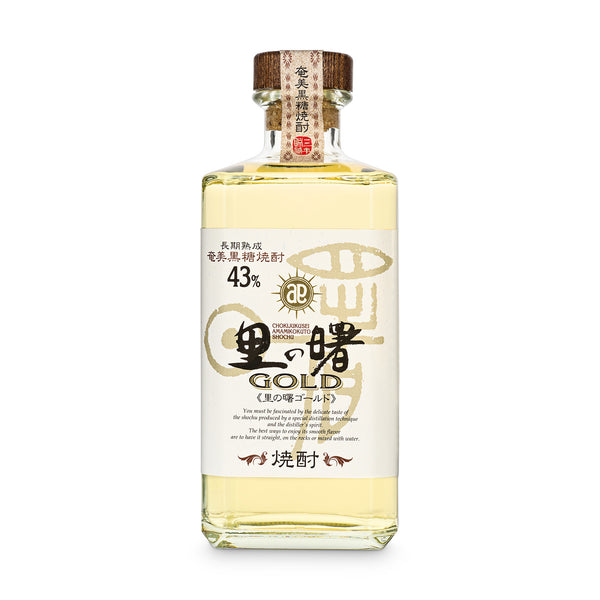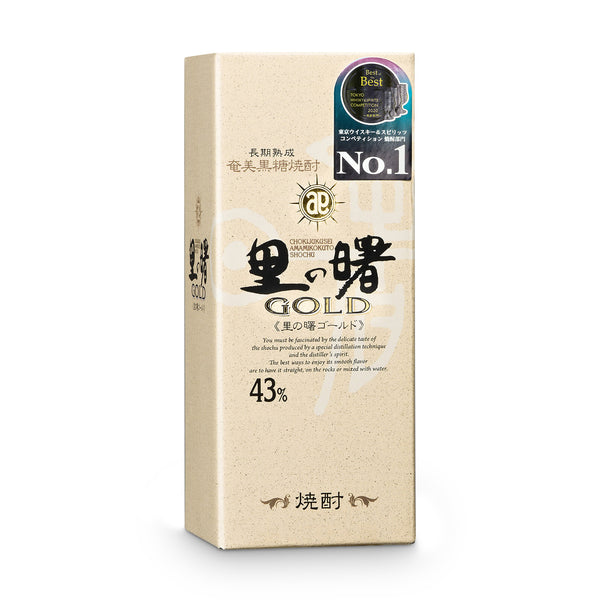
Sato No Akebono Gold Shochu
Content: 0,72l / Alcohol: 43%
Delivery time: 2-4 working days
Collection currently not available
The Sato No Akebono Gold Shochu is a Kokuto Shochu (Brown Sugar Shochu) that is matured in various barrels and then blended. Kokuto Shochu can only be produced on Amami Island, a group of islands just an hour's flight from Kyushu's port city of Kagoshima. The Sato No Akebono Gold Shochu is an undiluted shochu (genshu) with 43% vol. and a mild texture. The taste is complex with subtle, sweet and fruity notes. There are also subtle aromas from the various barrels.
Learn more
About the manufacturer



